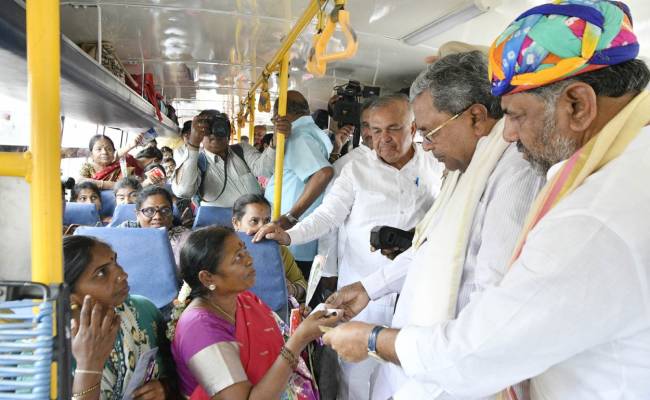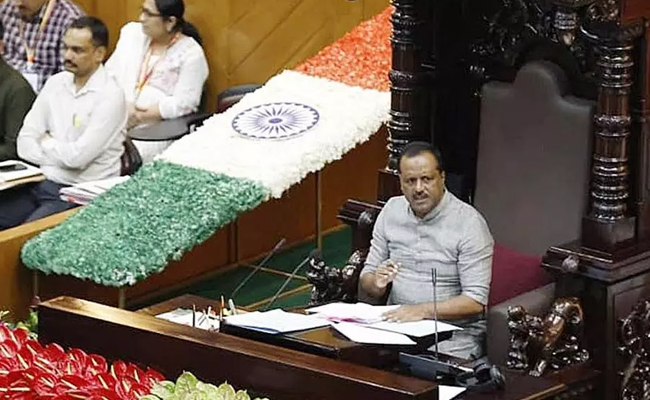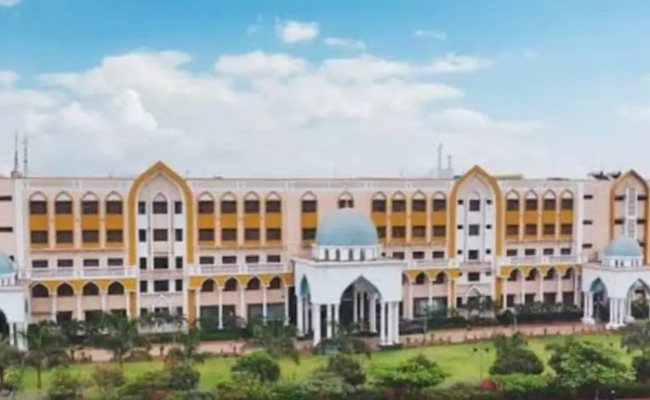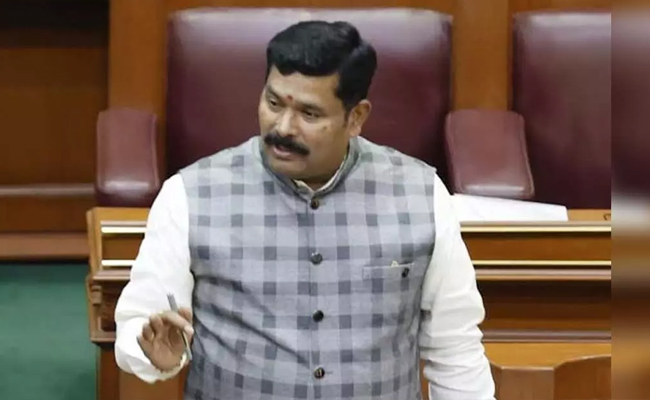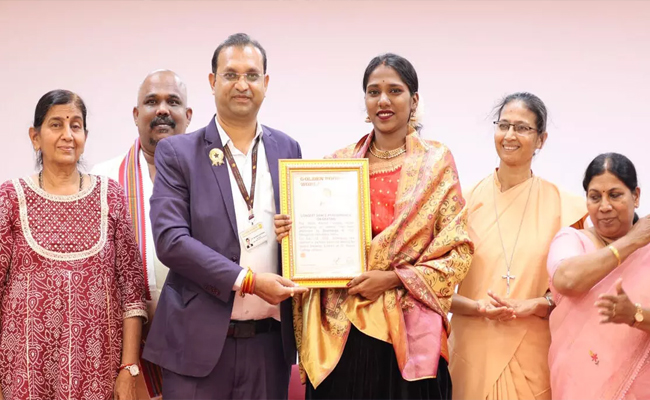Bengaluru (PTI): The free ride in non-luxury state-run buses for women across Karnataka under the 'Shakti' scheme on Monday cost the state exchequer Rs 8.84 crore, according to the transport department.
On day one of the launch of the scheme on Sunday, the department incurred an expenditure of Rs 1.40 crore. In just two days, the total expenditure under the scheme -- a key pre-election promise of the Congress -- was Rs 10.24 crore.
According to data shared by the department, on Monday Karnataka State Road Transport Corporation incurred an expenditure of Rs 3.58 crore, Bangalore Metropolitan Transport Corporation, which operates city buses, Rs 1.75 crore, the North West Karnataka Road Transport Corporation Rs 2.11 crore and the Kalyana Karnataka Road Transport Corporation Rs 1.40 crore.
If one were to take into consideration the Monday figure, the annual expenditure on this scheme may touch between Rs 3,200 crore to Rs 3,400 crore, a transport officer told PTI.
Let the Truth be known. If you read VB and like VB, please be a VB Supporter and Help us deliver the Truth to one and all.
Belagavi: Speaker U.T. Khader on Friday warned that members who disrupt Assembly proceedings by talking in their seats during debates will be made to sit in the House for an entire day as a disciplinary measure.
The warning came after the Question Hour, when Deputy Leader of the Opposition Arvind Bellad was permitted to initiate a discussion on the development of North Karnataka.
At this point, expelled BJP MLA Basanagouda Patil Yatnal objected, stating that he had been seeking a debate for the past three days but had not been given an opportunity.
ALSO READ: IndiGo board ropes in external aviation expert for flight disruption probe
Responding to the objection, Speaker Khader said Bellad had already been granted permission and assured Yatnal that he would be allowed to speak at the next opportunity. He noted that even as a serious discussion was underway, several MLAs were speaking among themselves with their microphones on, disrupting the proceedings.
Expressing displeasure over the conduct of members, Khader likened the situation to football, where players receive red, yellow, or white cards for violations. Similarly, he said, the Assembly issues warning cards to members who disturb the House. If they fail to correct themselves despite repeated warnings, they would be required to remain seated in the Assembly hall for a full day as punishment, he stated.

